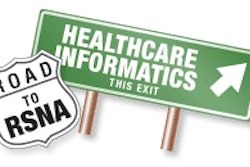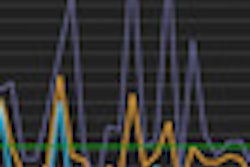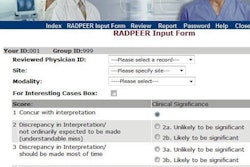When speech recognition systems were first being implemented, in addition to concerns about radiologist productivity decreasing, complaints also surfaced that medical transcriptionists were having difficulty transitioning to the role of being an editor of these reports. Different skill sets were needed compared to conventional medical transcription.
In this poster presentation, Dr. Myung Jin Chung, associate professor of radiology at Sungkyunkwan University, will discuss the results of a study that compared reporting time and error rates using both methods. Chung and colleagues collected 10 voice files of reports dictated by 12 speakers. Ten medical transcriptionists at various experience levels prepared reports by transcribing voice files and also edited reports prepared using speech recognition.
With either process, there was approximately the same percentage of errors: 3.7% with the edited reports and 3.9% with the transcribed reports. In addition, times proved comparable for experienced transcriptionists. However, for novice and less experienced transcriptionists, the editing-only function proved to be significantly faster. This was especially true for novice transcriptionists.



















